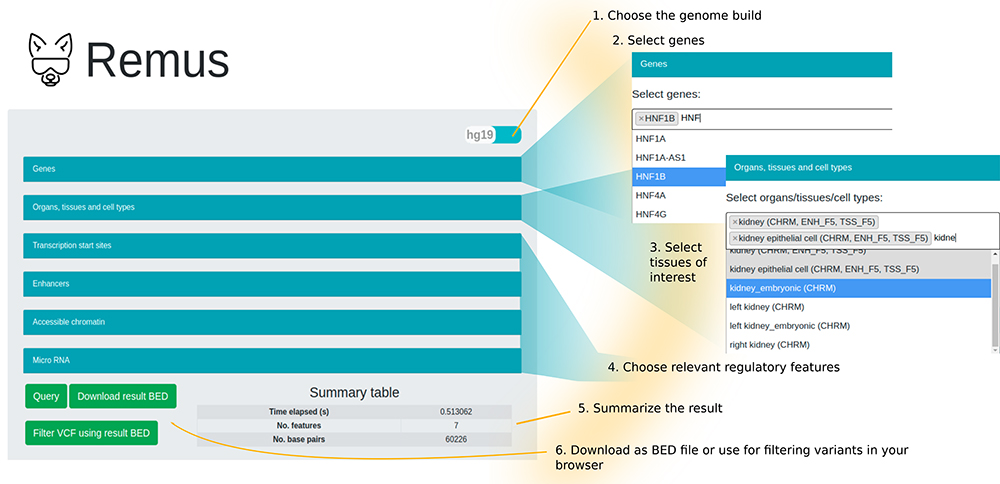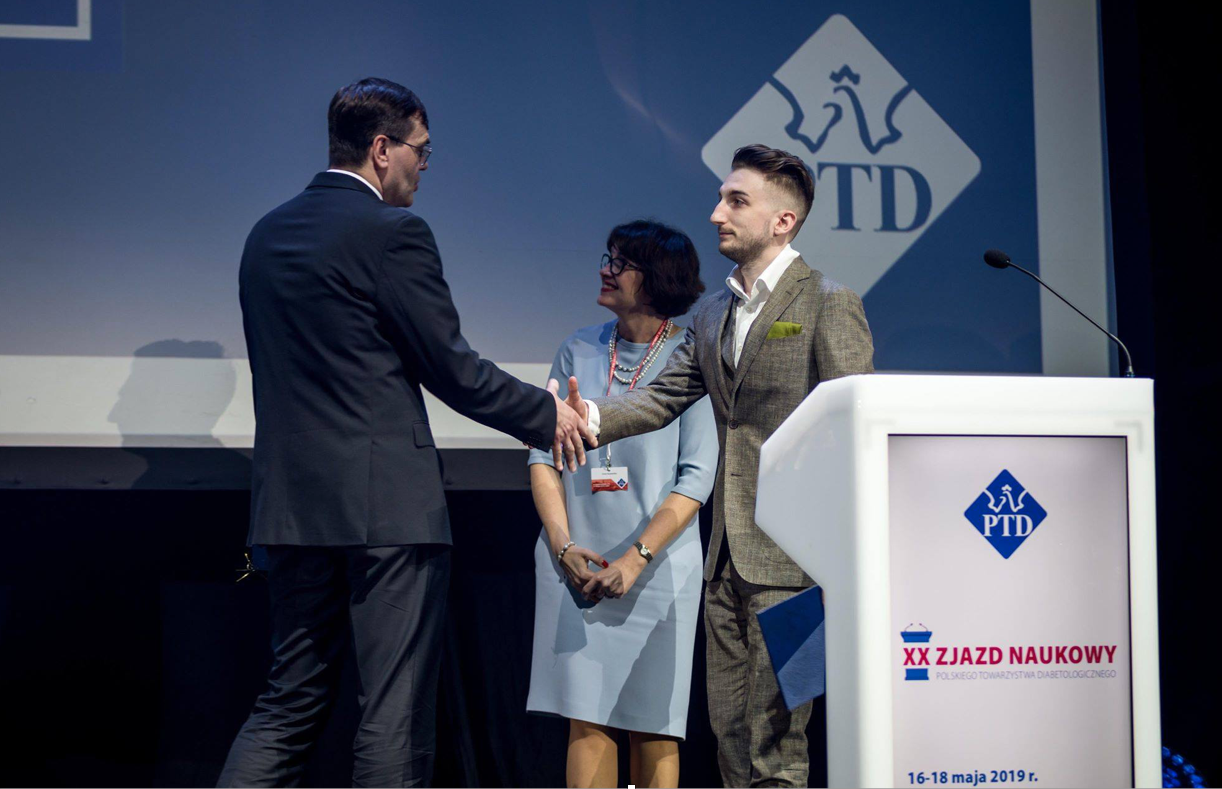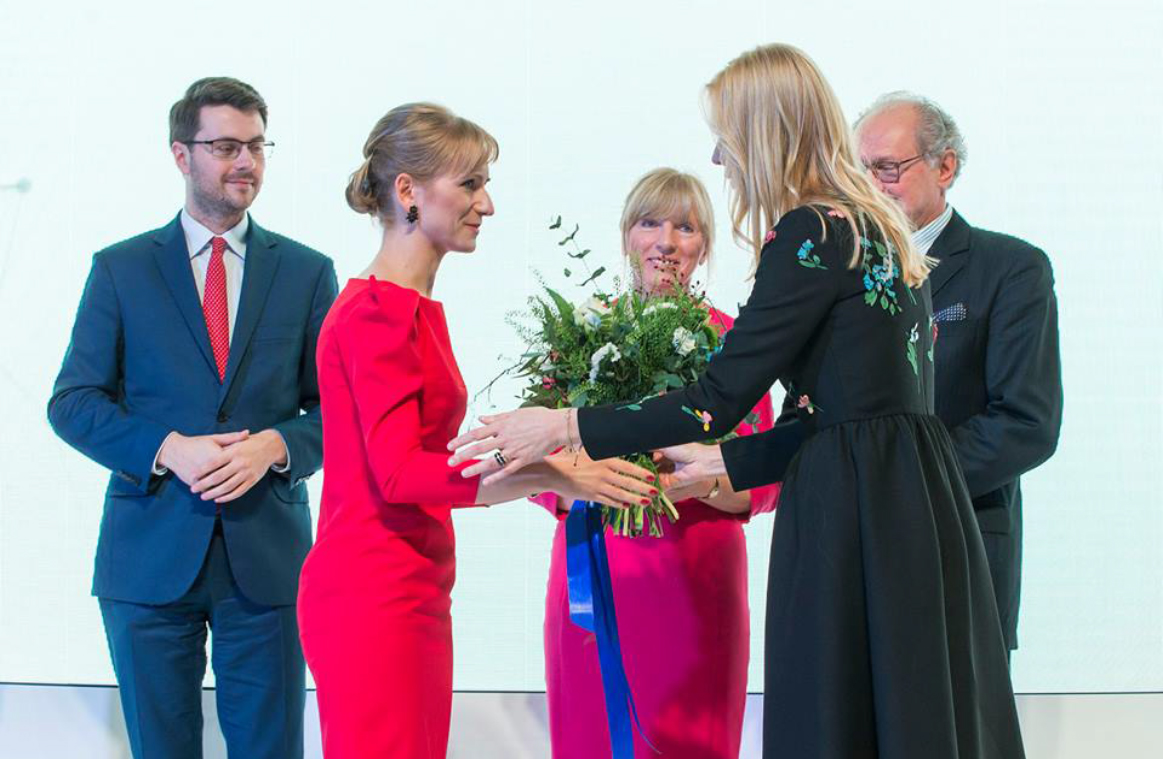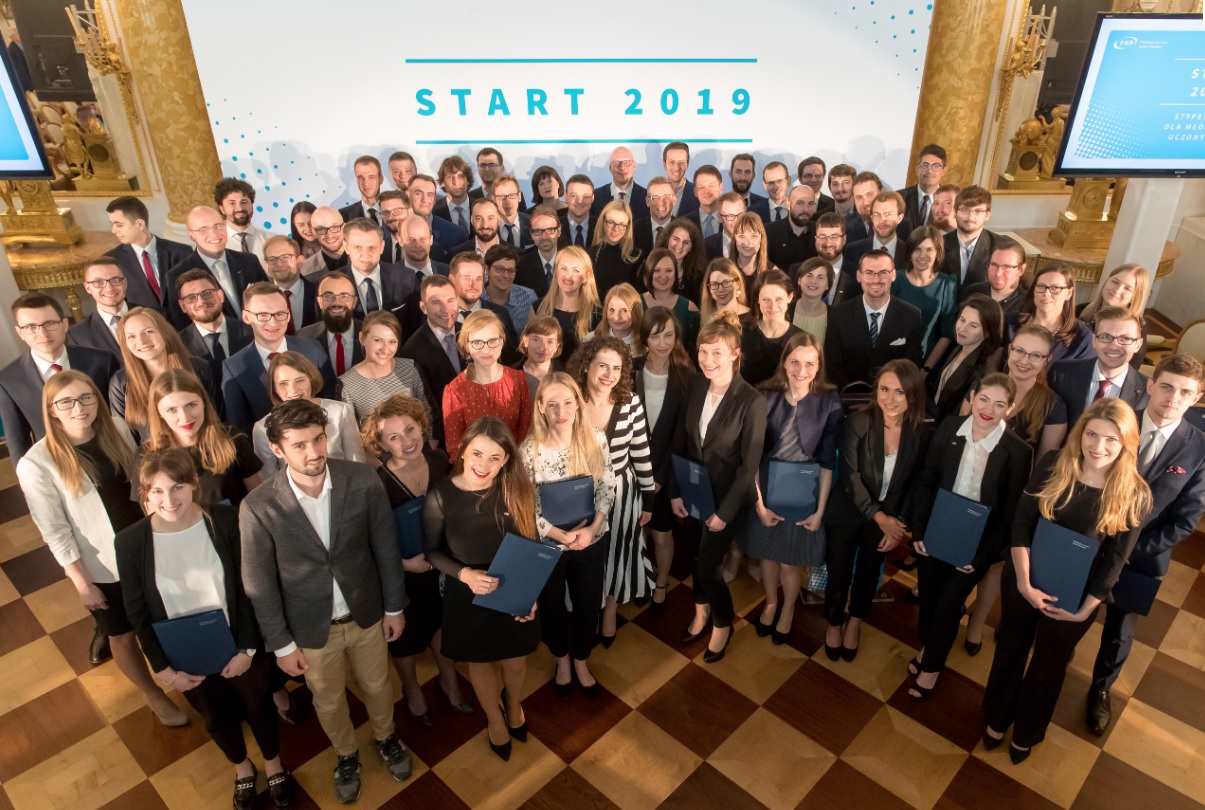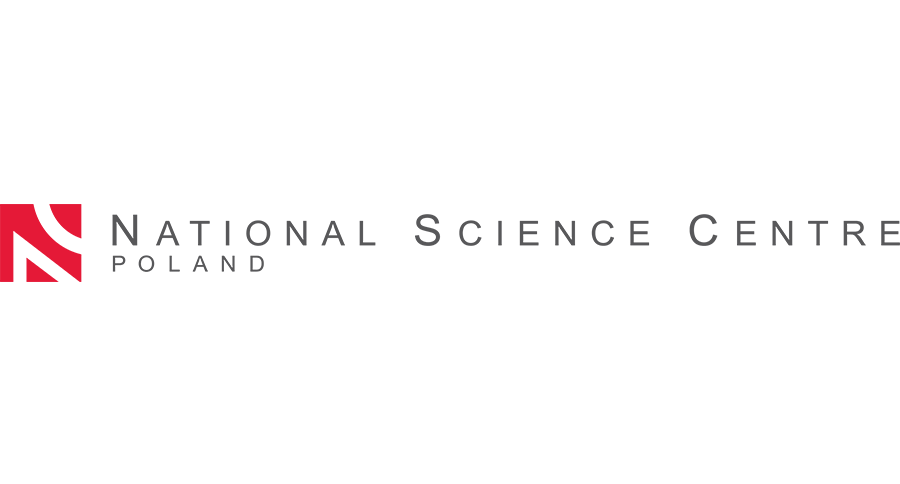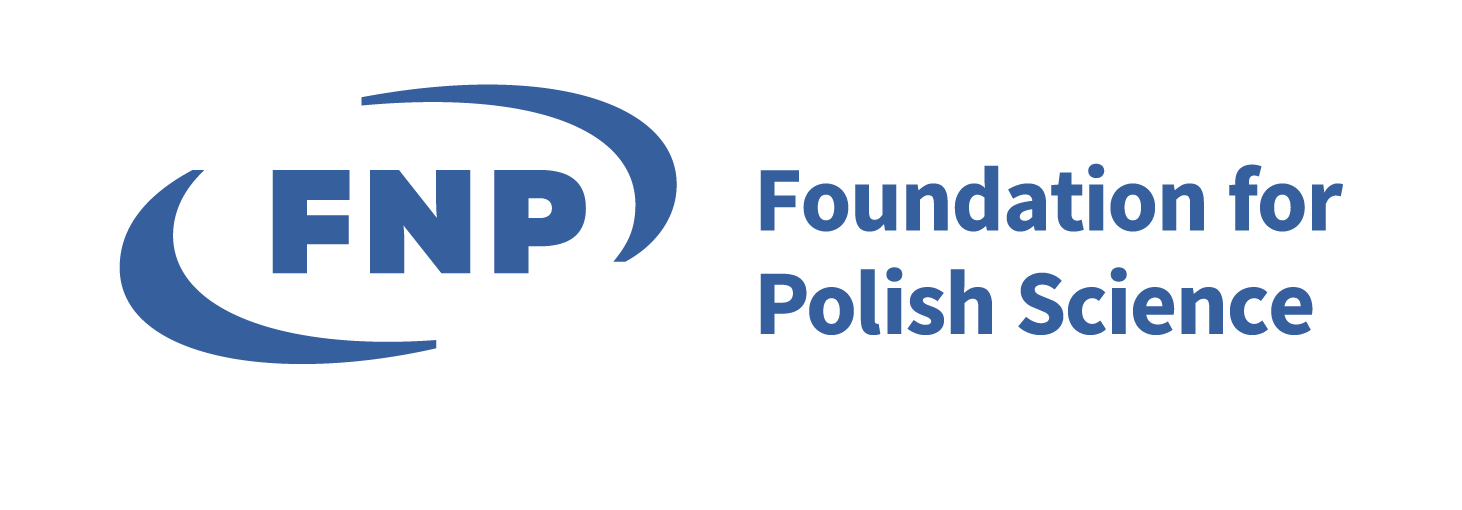We have 3 new PhD students!
Szymon Grabia and Piotr Łuczak have started their PhD studies at the Institute of Applied Computer Science at the Lodz University of Technology while Damian Mikulski have started them at our Department of Biostatistics and Translational Medicine at the Medical University of Lodz. Congratulations!



